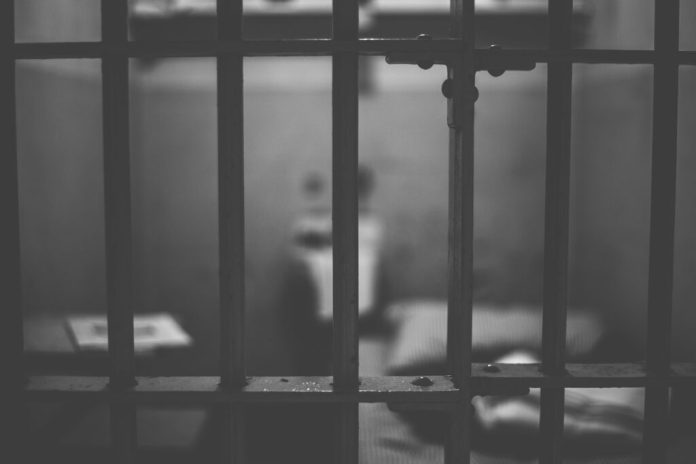Police custody refers to the detention of an individual by law enforcement authorities after an arrest. When a person is arrested on suspicion of committing a crime, they are placed under police custody for the purpose of investigation. This period of detention allows the police to carry out various investigative activities that are crucial to building a case.
During police custody, the primary objective is to gather information related to the crime. This includes interrogating the suspect to obtain crucial details that may lead to the discovery of evidence or confessions. The police are also authorized to collect physical evidence such as fingerprints, DNA samples, or other items that may link the suspect to the crime. Importantly, police custody serves as a preventive measure to stop the destruction of evidence or the intimidation of potential witnesses.
In most jurisdictions, there are legal safeguards in place to protect the rights of the person being held in custody, ensuring that their detention is not arbitrary. The person in custody may be held for a specified period, after which they must either be charged or released. The law mandates that detainees are informed of their rights, including their right to legal counsel and the right to remain silent.
Police custody is an essential part of the criminal justice process. It ensures that suspects are thoroughly investigated and that the integrity of the investigation is maintained. However, the duration and conditions of police custody are regulated to ensure fairness and avoid abuse of power.

